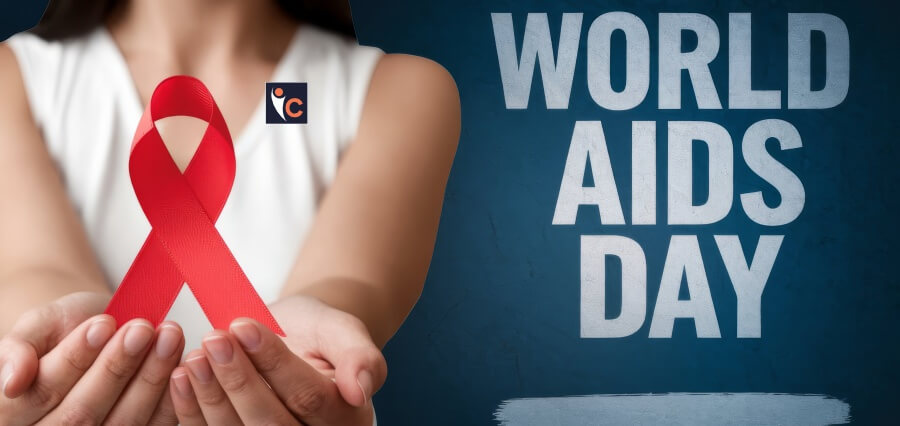On Tuesday, a World Health Organization vaccine advisory group stated that people at low to medium risk of severe disease should not receive additional, let alone annual, COVID-19 booster shots. It suggested that nations focus on boosting those at high risk every six to 12 months for the near midterm, such as older people, women who are pregnant, as well as those who have underlying medical conditions, are at risk.
Overview
On the other hand, the US Food and Drug Administration’s plans propose treating COVID-19 boosters like annual flu shots for the foreseeable future. Specifically, officials at the agency have offered to provide updated formulations each fall, possibly to everyone, including healthy young people.
Peter Marks, the FDA’s top vaccine regulator, FDA Commissioner Robert Califf, and Principal Deputy Commissioner Janet Woodcock argued in a viewpoint published in JAMA in May that annual COVID booster campaigns in the fall. Before winter, waves of respiratory infections like the flu, COVID-19, and RSV, would prevent health care systems from becoming overwhelmed. Furthermore, they explicitly tended to the chance of inoculating those at okay.
The FDA officials wrote, “The advantage of additional COVID-19 booster vaccines to otherwise healthy individuals between 18 and 50. Those who have already taken primary vaccination and the first booster dose are not likely to have as marked and harmful effect as in the other populations at higher risk.”
End Note
The United Kingdom and Canada have already given spring COVID-19 boosters to high-risk groups like the elderly and immunocompromised individuals. The FDA has not yet stated that it will follow suit.
| Read More news: Click here |










